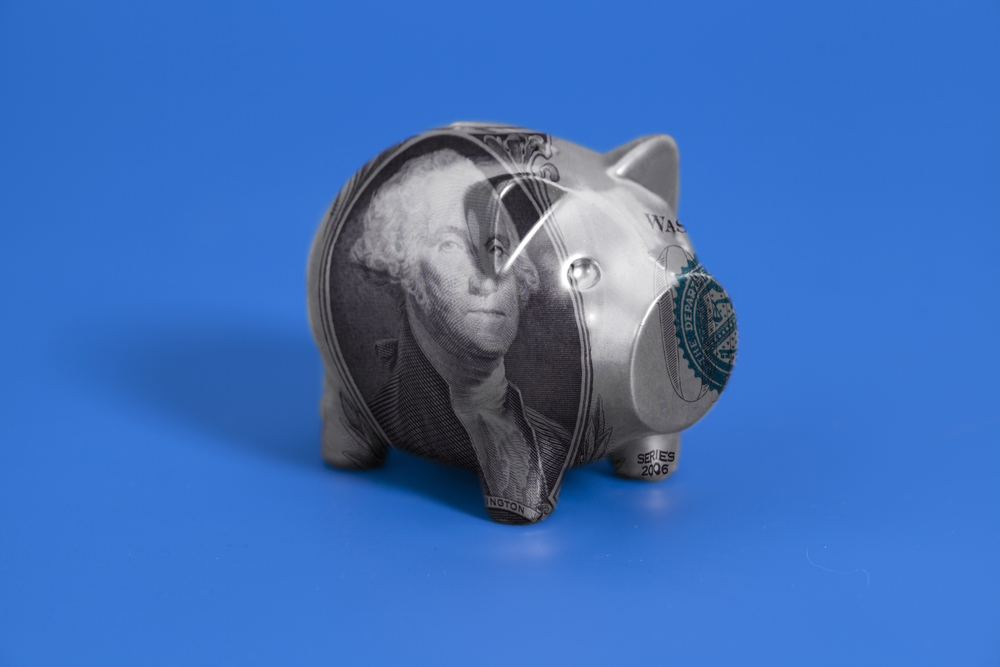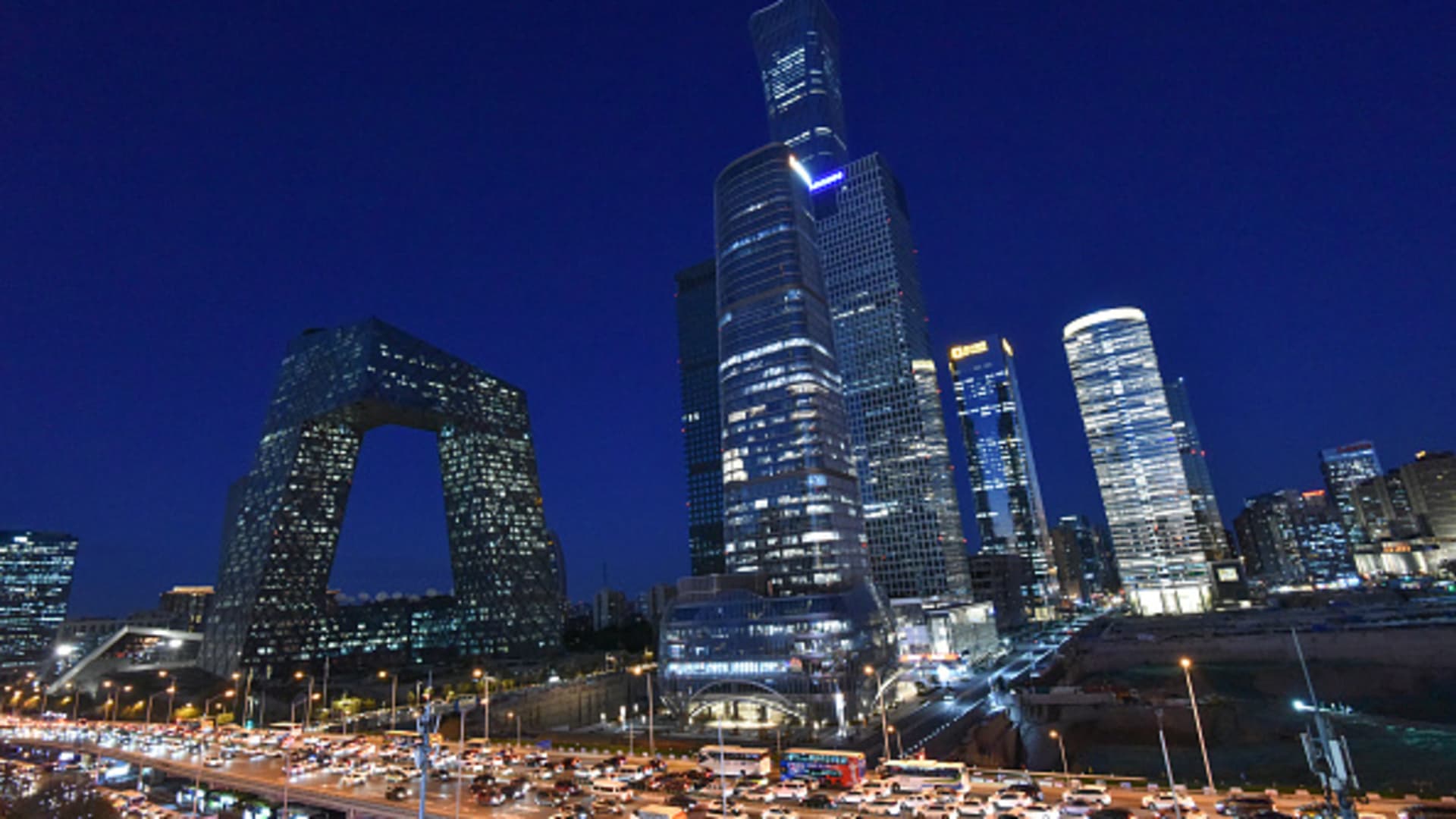Receive free Global Economy updates
We’ll send you a myFT Daily Digest email rounding up the latest Global Economy news every morning.
This article is an on-site version of our Disrupted Times newsletter. Sign up here to get the newsletter sent straight to your inbox three times a week
Today’s top stories
For up-to-the-minute news updates, visit our live blog
Good evening.
No one said the green transition would be easy, but as columnist Rana Foroohar points out, several inconvenient truths dog the debate about the move to a carbon-free future, in particular around the west’s relationship with China.
First, cheap Chinese materials such as polysilicon for solar panels and critical minerals for batteries are often made or extracted by forced labour in Xinjiang. Second, a lot of what’s advertised as “clean” energy tech coming out of China is made in factories with coal-powered electricity. So, if you add up the real carbon and labour costs of all that, it’s not so “clean” after all.
Meanwhile, the renewables sector is having to deal with rising costs and tough competition from China. We report today on the struggles of Siemens to fix its ailing wind turbine business, which has led the German group to rack up a €4.5bn loss this year. “We sold turbines too quickly [that] had not been sufficiently tested,” it said.
Changes at household level such as the switch to heat pumps are also proving more costly and complicated than expected.
Until the green transition is properly under way, fossil fuel producers continue to play an outsized role in the global economy. The White House, for example, is said to be in “full panic mode” about rising fuel prices just as President Joe Biden steps up his bid for re-election. This morning, because of concerns over the escalation of the fighting in Ukraine and production cuts by Saudi Arabia, oil prices hit their highest levels in almost four months.
However, amid the politicking and frustrations voiced by business comes new hope that the dream of limitless zero-carbon power can become a reality.
The Financial Times has revealed that US government scientists have achieved net energy gain in a fusion reaction for the second time following a breakthrough in December.
Physicists have tried since the 1950s to harness the fusion reaction that powers the sun, but, until last year, no group had been able to produce more energy from the reaction than it consumed — a condition also known as ignition. (Here’s our explainer of how it works).
Investor interest is growing rapidly. A German start-up in partnership with Colorado State University has announced that it will develop the first laser facility dedicated to commercial fusion research. This could eventually result in a laser-based fusion power station.
There are many hurdles to overcome, as the FT’s Lex column notes (for Premium subscribers). Start-ups will need to stump up billions to build first-generation power plants that will make small amounts of expensive electricity, and the fledgling industry will need generous government support to take off.
Still, the process described by US energy secretary Jennifer Granholm as “one of the most impressive science feats of the 21st century” looks one step closer to becoming a reality.
Watch the FT film to see how close we are to commercial fusion power.
Need to know: UK and Europe economy
UK business groups are urging Prime Minister Rishi Sunak to rethink a planned increase in visa fees for migrant workers, arguing it will harm competitiveness and hamper efforts to plug labour shortages.
The Bank of England is coming under pressure from the finance industry to delay the adoption of new global banking capital rules to avoid a period of regulatory divergence that would affect the City’s ability to compete with Wall Street.
Ukraine’s case for EU membership is being taken extremely seriously after its invasion by Russia sparked a profound shift in the bloc’s enlargement policy from “passivity to proactive strategising”. An FT deep dive explains.
The EU’s trade chief Valdis Dombrovskis will urge Beijing to reduce barriers to European exports at a meeting next month after the bloc’s trade deficit with China hit “staggering” levels.
Need to know: global economy
The new military junta in Niger closed the country’s airspace, citing the threat of military intervention by the Economic Community of West African States. The closure occurred after a deadline set by the bloc passed without the restoration of the pro-western President Mohamed Bazoum, who was ousted last month.
An influential South Korean politician voiced disquiet at US intervention in the global semiconductor industry. Yang Hyang-ja told the FT: “If [Washington] continues to try to punish other nations and to pass bills and implement ‘America First’ policies in an unpredictable manner, other countries could form an alliance against the US.”
Javier Milei, Argentina’s radical rightwing presidential candidate, told the FT that the austerity imposed by the IMF was “tiny” compared with what the country needed. The South American nation and the IMF reached a deal last week to prevent its economy entering into arrears with the fund after months of intense negotiations.
Chinese economists are under pressure to avoid discussing negative trends as concerns mount about the authorities’ ability to bolster the country’s flagging recovery.
The Philippines and the US have accused China of illegally targeting two Philippine supply ships in the South China Sea with water cannon in the latest escalation of Beijing’s campaign around a Philippine-occupied shoal in the disputed waters.
Need to know: business
Private equity groups are increasingly offering sweeteners such as fee discounts to lure reluctant investors in a sign that the industry is facing its toughest-ever fundraising environment.
Europe’s biggest companies have been hit by at least €100bn in direct losses from their operations in Russia since the full-scale invasion of Ukraine, according to FT analysis. Energy and utility groups account for half the total losses, although the war has also boosted profits at oil and gas groups as well as defence companies.

The head of France’s Axa, one of Europe’s biggest insurers, said NHS troubles would present “quite a few business opportunities”. The company is looking to expand its telemedicine business and support services for medical procedures.
Copper, “the metal of electrification”, is gaining in importance as the world transitions to cleaner energy for cars. The anticipated surge in demand has led mining groups such as Rio Tinto to re-evaluate their long-term strategy.
Forget short-term factors: the big five issues investors should focus on are demography, energy supply, debt, inflation and geopolitics, says Philip Coggan, ex-FT journalist and author of More: The 10,000-Year Rise of the World Economy.
The world of work
The impact of an individual’s home background — measured by parental occupation — is greater than any other potential barriers to advancement. Slaughter and May is the first big law firm to try to remedy the situation, aiming to have 25 per cent of its total staff from lower socio-economic backgrounds by 2030.
Vacations are rarely straightforward for business leaders but that doesn’t mean they shouldn’t take one, says columnist Pilita Clark on the politics of taking holidays.
Some good news
Stargazers can breathe easy. Contact with the Voyager 2 craft — the second-most distant object ever built by humans and sent into space — has been restored two weeks after a faulty command caused its antenna to point away from Earth.

Recommended newsletters
Working it — Discover the big ideas shaping today’s workplaces with a weekly newsletter from work & careers editor Isabel Berwick. Sign up here
The Climate Graphic: Explained — Understanding the most important climate data of the week. Sign up here
Thanks for reading Disrupted Times. If this newsletter has been forwarded to you, please sign up here to receive future issues. And please share your feedback with us at [email protected]. Thank you















